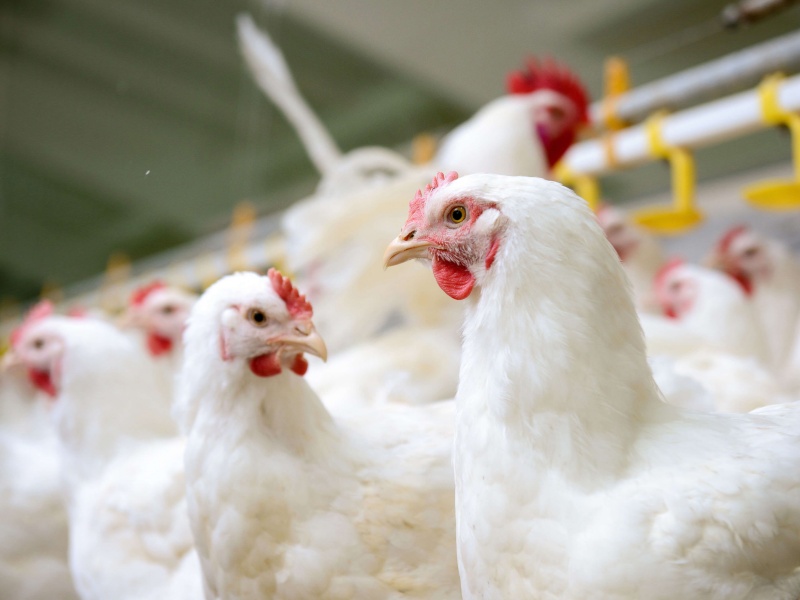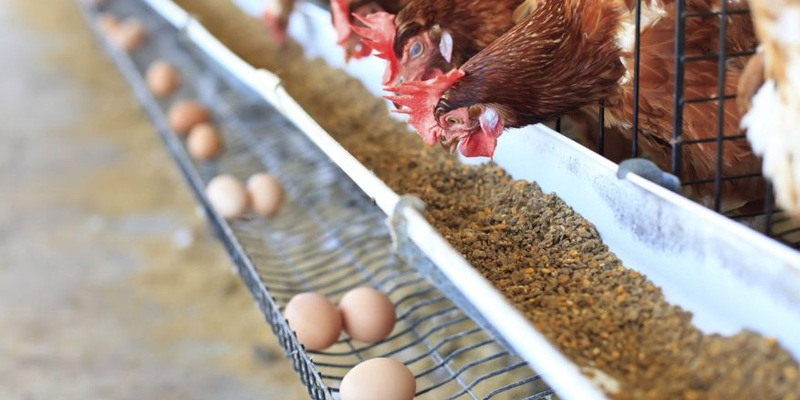
Chicken Farming Tips for Beginners in Rwanda
Chicken farming is becoming increasingly popular in Rwanda due to its potential for profitability and sustainability. For those interested in starting their own poultry business, it’s essential to equip yourself with the right knowledge. This Beginner’s Guide to Raising Chickens in Rwanda will provide valuable insights and tips to help you succeed.
Understanding the Basics of Chicken Farming
Before diving into chicken farming, it’s crucial to understand the fundamental aspects involved. Chicken farming involves breeding and raising chickens primarily for meat (broilers) or eggs (layers). Each type has different care requirements and market demands, making it vital to choose the right breed based on your goals.
Selecting the Right Breeds
When considering chicken farming tips for beginners in Rwanda, the selection of chicken breeds cannot be overlooked. Popular breeds include:
- Broilers: Fast-growing birds ideal for meat production.
- Layers: Chickens that are raised primarily for egg production.
Choosing the right breed depends on your market needs. For instance, if you’re focusing on egg production, layer breeds such as Rhode Island Reds or Leghorns might be suitable choices.
Setting Up Your Chicken Coop
A well-designed chicken coop is critical for a successful poultry farm. When planning your coop, consider the following:
- Space: Each chicken requires at least 2 to 3 square feet of space in the coop. Ensure ample room for movement and nesting.
- Ventilation: Proper airflow is essential to prevent respiratory diseases. Incorporate windows and vents to keep the air fresh.
- Security: Protect your chickens from predators by installing secure locks and barriers. It’s important to maintain a safe environment for your flock.
- Sanitation: Regular cleaning will help prevent disease outbreaks. Use materials like wood shavings or straw for bedding, and replace them frequently.
These aspects are key chicken farming tips for beginners in Rwanda, ensuring your flock remains healthy and productive.
Feeding Your Chickens
Proper nutrition is paramount for optimal growth and egg production. A balanced diet includes grains, proteins, vitamins, and minerals. Here are some feeding tips:
- Commercial Feed: Consider using commercial feeds specifically formulated for broilers or layers. This ensures they receive the necessary nutrients.
- Supplements: Occasionally add kitchen scraps like vegetable peelings and grains to enhance their diet. However, avoid giving them spoiled or moldy food.
- Water: Provide clean, fresh water daily. Chickens can become dehydrated quickly, which affects their health and productivity.
Health Management
Maintaining the health of your chickens is crucial. Regular vaccinations and disease prevention strategies should be part of your routine. Some common diseases to watch out for include:
- Newcastle Disease
- Avian Influenza
- Gumboro
Consulting with a local veterinarian can help you establish a vaccination schedule and implement effective biosecurity measures. This is an essential component of any beginner’s guide to raising chickens in Rwanda.
Egg Production Management
For those focusing on layers, understanding egg production cycles is vital. Layers typically start producing eggs at around 5 to 6 months of age. Here are some tips to maximize egg production:
- Lighting: Maintain consistent lighting in the coop. Layers require about 14 to 16 hours of light per day to stimulate egg production.
- Nesting Boxes: Provide comfortable nesting boxes — one box for every three to four hens is usually sufficient.
- Stress Reduction: Minimize stress in your flock, as stress can lead to lower egg production. Handle them gently and ensure their environment is calm.
Marketing Your Products
Once your chickens are ready for market, having a solid marketing plan is essential. Here are some strategies:
- Local Markets: Sell directly at local markets or through community groups. Word of mouth can be a powerful tool.
- Social Media: Utilize social media platforms to promote your products and connect with customers.
- Quality Assurance: Ensure your chickens are healthy and well-cared-for to build a reputable brand. Customers appreciate buying from responsible farmers.
Financial Management
Managing finances effectively is crucial for sustaining your chicken farming venture. Keep track of all expenses related to feed, equipment, and veterinary care. Create a budget and adjust it regularly based on changing costs and income.
Consider exploring government grants or loans available for agricultural projects in Rwanda. This financial support can help you expand your operations and achieve better results.
Continuous Learning
The poultry industry is always evolving, so staying updated on best practices is vital. Attend workshops, seminars, and training sessions focused on chicken farming tips for beginners in Rwanda. Networking with other farmers can also provide insights and shared experiences that enrich your knowledge base.
Conclusion
Starting a chicken farming business in Rwanda can be a rewarding venture, but it requires dedication, knowledge, and proper planning. By incorporating these chicken farming tips for beginners in Rwanda into your strategy, you can set the foundation for a successful poultry farm. Whether you focus on broilers or layers, understanding the intricacies of chicken farming will help you navigate challenges and capitalize on opportunities.

